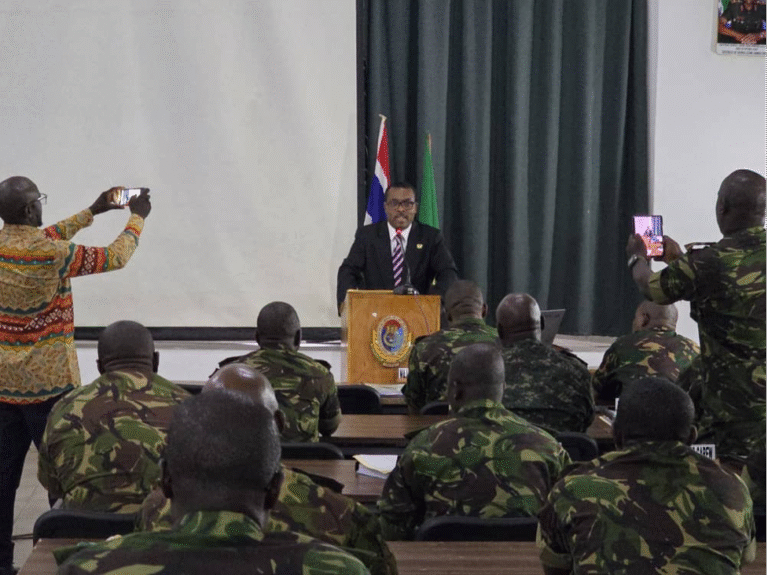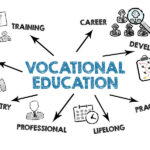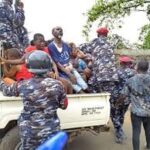By Abu Bakarr Tarawally
Freetown, Sierra Leone (Sept. 9, 2025) — The Budget Advocacy Network (BAN) held a pre-budget engagement on August 4 with civil society groups, women-led organizations, and representatives of marginalized communities to capture their most pressing needs for inclusion in the government’s fiscal year 2026 budget.
The consultations, which align with Sierra Leone’s Medium-Term National Development Plan and the Sustainable Development Goals, resulted in a set of urgent proposals presented to the ministries of Gender and Children’s Affairs, Agriculture, Health and Sanitation, Basic and Senior Secondary Education, and Social Welfare.
As budget preparations are set to begin on Wednesday, a government public notice urged ministries, departments, and agencies to submit realistic programs tied to national priorities. BAN has meanwhile been promoting citizens’ demands through various media outlets.
Social welfare priorities include calls for dedicated budget lines to expand cash transfer programs for vulnerable households; provide shelter, feeding and psychosocial support to street children, the elderly and persons with disabilities; establish integrated referral systems for health, education and social services; construct ramps for accessibility in public buildings; supply sunscreen and glasses for persons with albinism; and provide assistive devices for the physically challenged.
Health needs identified include allocations for essential drugs for people living with HIV/AIDS; sunscreen and glasses for albinos; lifesaving medicines for newborns, pregnant women and lactating mothers; mobile clinics and maternal health outreach; operationalizing one-stop centers for survivors of gender-based violence; implementing the Safe Motherhood Bill with funding for family planning and post-abortion care; and scaling up adolescent health education to curb teenage pregnancies.
Education prioritiesinclude constructing and rehabilitating classrooms with gender-sensitive designs; menstrual hygiene facilities and supplies for adolescent girls; textbooks and learning materials in English and local languages; catch-up programs for out-of-school children, especially in remote areas; and inclusive learning resources for children with disabilities, including autism.
Agriculture demands include community-based irrigation systems to ensure year-round farming; subsidized climate-resilient seeds and fertilizers; deployment of agricultural extension workers targeting women and youth; small-scale storage facilities and improved feeder roads for market access; capacity building for women farmers; support for youth and women to establish inland fishponds; and food-for-work programs for women and persons with disabilities.
Gender and children’s affairs priorities include forensic laboratories in regional headquarters; progressive budget increases for sexual and gender-based violence (SGBV) services such as safe homes and survivor funds; increase support for Family Support Units and district-level resource hubs; strengthening prevention and response to SGBV with fast-track courts; enforcing the Prohibition of Child Marriage Act and ending harmful traditional practices; implementing women’s land rights under the Customary Land Rights Act; and funding women’s economic empowerment through training and micro-grants.
BAN emphasized that including these priorities in the FY2026 budget would ensure that the voices of women, youth, and vulnerable citizens are reflected in government planning. They also warned that excluding them from the FY2026 budget could jeopardize national development goals.







